Toolkits for DNA vaccine design, an update
This conference covered the whole area of DNA vaccine design starting from gene design, defining of transcription and translation signals, packaging, delivery, induction of innate immune response and role of adjuvants, induction and expansion of adaptive immune response, prime and boost strategies, success of DNA vaccines in cancer and infectious diseases, comparison of DNA vaccines to other vaccine modalities. We also invite the representatives of R&D companies and state agencies involved in the development, production and distribution of vaccines to discuss the business models for DNA vaccines, public perception of the vaccines and their perspectives for human and veterinarian use. Each thematic block will open with an introductory lecture introducing the basics and the main achievements in the given area. In the end of the introductory key-note lecture, the lectors share their views on the DNA vaccines and their pros and cons connected to the area covered. We encourage the spread of the information about the conference to the PhD and master students affiliation in your institute - we plan to give a lot of time to short presentations of young researchers performing vaccine-related research.
Full program Book of abstracts Presentations Conference websiteThe conference was supported by the following grants:
- Russian Science Foundation, grant 15_14-30039 "Immunotherapy and immunoprophylaxis of drug resistance in chronic viral infections: examples of HIV-1 and HCV"
- EU Horizon2020 project "Tweening on DNA based cancer vaccines" VACTRAIN № 692293
- Thematic partnership grant of the Swedish institute "Baltic Antiviral Network" № 09272_2013, Project Initiation grant of the Swedish Institute INNOVIMMUNE 19806_2016
- Russian Academic Excellence Project № 5-100 from the Ministry of Education and Science of the Russian Federation. Support is acknowledged from Mechnikov Institute of Vaccine and Sera, Moscow, Russia
- Chumakov Federal Scientific Center for Research and Development of Immunobiological Preparations, RAS, Moscow, Russia
- Institute of Molecular Medicine, I.M. Sechenov First Moscow State Medical University, Moscow, Russia
- Riga Stradins University, Riga, Latvia
- Karolinska Institutet, Stockholm, Sweden


